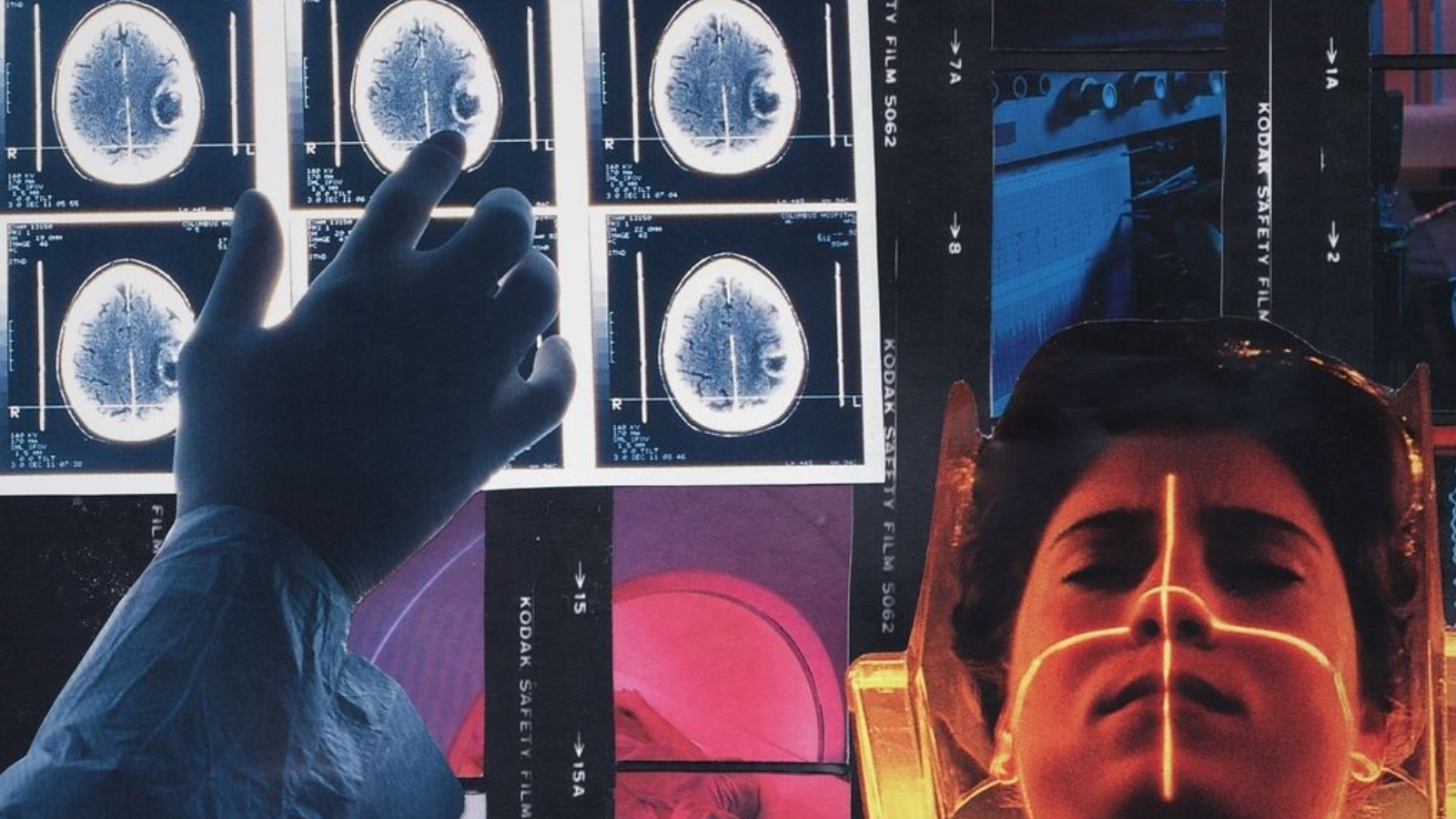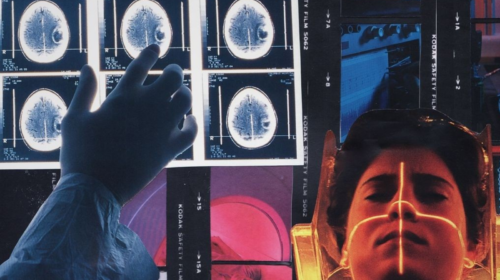AI: Your doctor’s new assistant

The World Health Organization (WHO) announced a new Ethics Centre on AI for health governance this month. But how exactly will artificial intelligence be used in healthcare settings?
According to the Cleveland Clinic, AI is already in use in patient care and research. AI can read X-rays and MRIs with more accuracy than doctors, which can help doctors make faster and more informed decisions about treatment options.
“Sometimes, I use it to look up a patient’s symptoms,” says Dr. Med. Univ. Franziska Maisel. “It can be quicker than finding something in a medical textbook or asking an overworked supervisor for their opinion.”
But is AI as good, or even better, than human doctors? In a study from 2024, researchers found that AI can “Sift through radiographic images, genetic information, and patient histories to detect cancer at early stages.” As algorithms collect more health data, AI tools could help diagnose complex or chronic diseases where early detection is lifesaving.
An interesting case study from this research is the ability of AI to detect breast cancer early–a disease where treatment in early-detected cancer is very effective. There is also potential for AI tools to detect heart attack and stroke risk, which could be good news for helping manage heart health.
One challenge in a healthcare setting is that doctors often have to make decisions about patient treatment based on little personalized information about the patient. But everybody is a little bit different, even with the same disease. According to the same 2024 study, AI could play a big role in the personalization of medicine. In the treatment of diabetes, AI tools can help build treatment plans by assessing which long-term effects the patient might be most susceptible to– vision loss, kidney failure, or foot pain – based on their unique genetic profile. So, it’s possible that AI could make treatments for complex and chronic conditions like cancer or diabetes more personalized and effective.
The authors of the study also found potential for AI tools to support mental health care, a field in which personalized treatment is essential but often lacking.
But we shouldn’t all skip off into the sunset with our robot doctors yet. As ChatGPT told us, “I can enable faster diagnoses and improved efficiency, but there may be concern about bias, data privacy, and the loss of human touch in patient care.”
As AI tools progress, they could lead to big shifts in how we manage and understand health. But there’s still more work to be done to ensure the accuracy of AI tools in healthcare.












